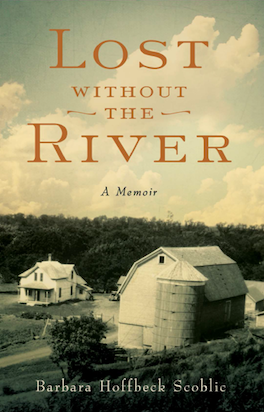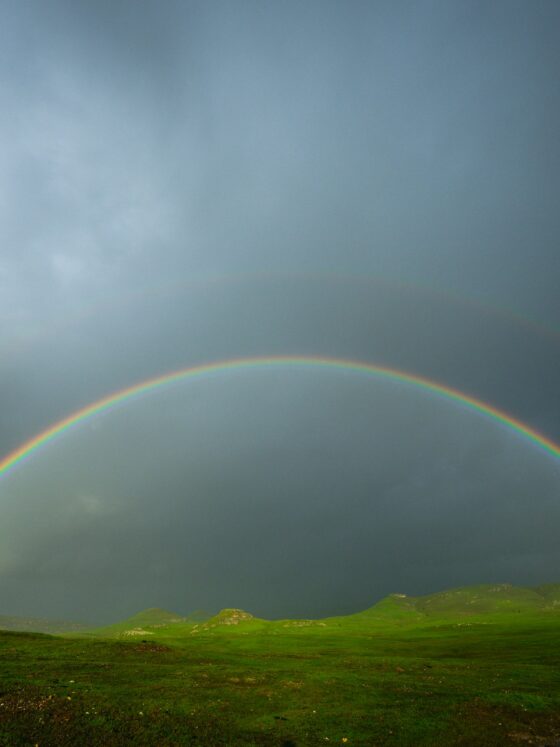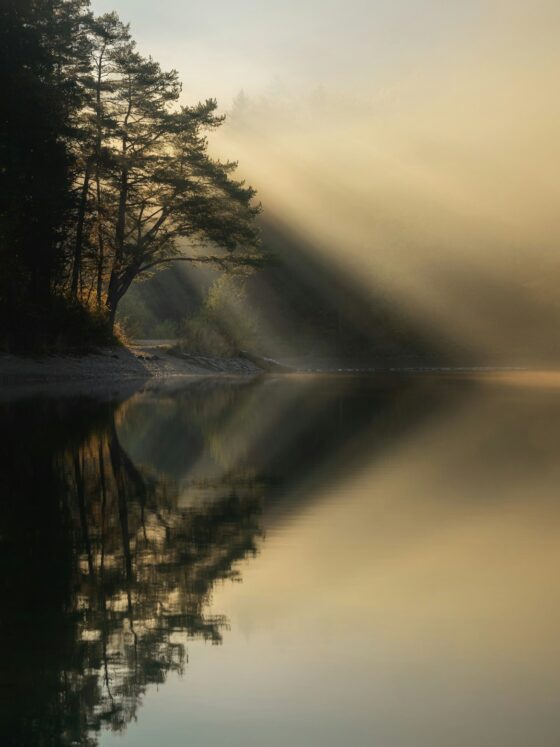Chris Pellizzari is a graduate of the University of Illinois at Urbana-Champaign. His short stories have appeared in numerous literary magazines, including most recently Good Works Review and Counterclock. He is a lifelong supporter of the Chicago White Sox and Blackhawks.
Chris Pellizzari interviewed by Sandra Fluck
Your debut novella Last Night in Granada has recently been published. What is it about?
Last Night in Granada is about the unattainable. It’s about the impossibility of returning to love, beauty, optimism, and youth. The narrator studied in Granada, Spain, during his junior year of college. He fell in love with a girl in his study group, as well as the culture and history of Spain. His future seemed as majestic as the snow-covered mountain peaks of the Sierra Nevada, which can be seen from most spots in Granada, in the background of everything. But anxiety and depression seeped into his life. The mountain peaks were replaced with the black shadow bull billboards, which are always on the horizon as one travels through Spain. The bull is what awaits the narrator, the bull of death and pain and wasted courage.
How long did it take you to write Last Night in Granada?
I started writing the novella in 2011. I finished it in 2017. It wasn’t something I worked on every day. I’m not that kind of writer. I write when the mood strikes me, which isn’t something I’m proud of.
I’m thinking of the eponymous narrator in the novella and the trend in autofiction. Did you have autofiction in mind when you began to write the novella?
Yes I did. This story is so close to my heart that autofiction was the only thing that made sense to me.
Last Night in Granada is structured like a prose poem and cuts back and forth in time and in space. Was this intentional, or did the structure appear as you were writing it?
This was intentional. I wanted the story to be structured like a poem because so much of it is influenced by the work of the great poet from Granada, Federico García Lorca. Besides, any story about Granada should be poetic in nature because the city itself is pure poetry. As for the cutting back and forth in time and space, that is the state of the narrator’s mind, the effects of mixing sleeping pills and alcohol. But it is also a statement about the futility of measuring life by the “certainty” of time and space.
Federico García Lorca plays a central role in Last Night in Granada. When did you begin to read García Lorca, and what is it about his poetry that makes him so vital in the novella?
I began reading Lorca’s work in high school. At the time, I was more interested in the circumstances surrounding his death and the impact it had on Spain than his actual work. That changed when I studied abroad in Granada, when I read his words in the city where he wrote them. Lorca’s poetry and plays are the work of death, longing, despair, love, and the search for the fleeting beauty in this life. It is the voice of Andalucia, the snort and last gasp of the bull, the song of the Gypsy, the blood and sweat of the peasant’s dialogue. No poet is a greater product of his surroundings than Lorca. His poetry is vital to my novella because my love for Granada and everything it stands for, everything it fell for, is almost as authentic as his.
El Duende also plays a central role in the novella. What is el Duende, and what does it mean to the narrator Chris?
El Duende is a state of emotion and authenticity found in flamenco music. I have always understood it as the suffering a flamenco artist must endure for his music to be pure and authentic. Lorca wrote extensively about el Duende. In regards to the narrator, he hopes his suffering from anxiety and depression has given him el Duende so he can perform an accurate and authentic song about Granada. In this case, his song is his written story. But since he is not Spanish, since he was not born in Granada, he doubts his song can ever possess true Duende.
Vera, the other main character in the story, is a memory too, but she is also revealed in the present. Who is she?
Vera is a girl I fell in love with while studying in Spain. We were both University of Illinois students. She was the love of my life. I have dated women after Vera, I might even get married one of these days, but I’ll never love another woman the way I loved her. That’s part of the unattainable as well. The narrator will never find that authentic and youthful intensity in love ever again.
There’s a line in the novella about Granada and poetry: “I wrote poems within your walls. Was any of it worth remembering?” What does this sentence refer to?
It means that as a blonde-haired, blue-eyed, light-skinned American, I do not possess the true Duende to capture the absolute essence of Granada. Some Spaniards might look down on an American trying to capture the soul of such a fiery country. El Greco wasn’t Spanish, but he did a fine job of capturing it in his paintings. Ernest Hemingway, a fellow Chicagoan, also came pretty damn close. But none of them can capture the elusive Duende, the flickering demon, the way Lorca did. I just hope my work is somewhere in the same ballpark as these masters in terms of revealing some kind of authentic connection to that wonderful country.
When you began to write, how old were you? What is the first piece you remember writing? Did you also write poems, plays, essays?
I started writing poems and short stories as a freshman in high school. I went to a Catholic school in La Grange Park, IL called Nazareth Academy. I despised it. Some of the worst human beings I have ever encountered were students in Nazareth’s graduation class of 2000. I read The Catcher in the Rye during my junior year and it helped me better understand the vile creatures I called classmates and I realized the best way to cope with the insanity and stupidity that surrounded me on a daily basis was to write about it.
What books have you read in the last ten years?
I read a lot of J.D. Salinger and Raymond Carver.
What are you reading now?
I’m reading Lorca’s Granada by Ian Gibson. Gibson is another writer not born in Granada, not a Spaniard, who fell in love with the city and has been writing about it since the seventies. He is considered the world’s leading expert on the life and work of Federico García Lorca.
What is your next novella or novel about?
I’m not sure. I’ve been writing a lot of short stories lately. But it will probably be about Granada.
You are giving a talk to a group of high school students, some who want to be writers. What do you tell them?
You are at a very special age, when so many things are new and exciting. You have your whole life in front of you and a world of experiences awaiting you. Experience is where the true writing will come from. But that doesn’t mean you don’t have anything to say right now. Observe everything around you. Observation is key for young writers. Observe high school society. I bet you can write a hundred pages on high school observations alone. Turn those observations into poems or short stories. See where that gets you. You’d be surprised.





